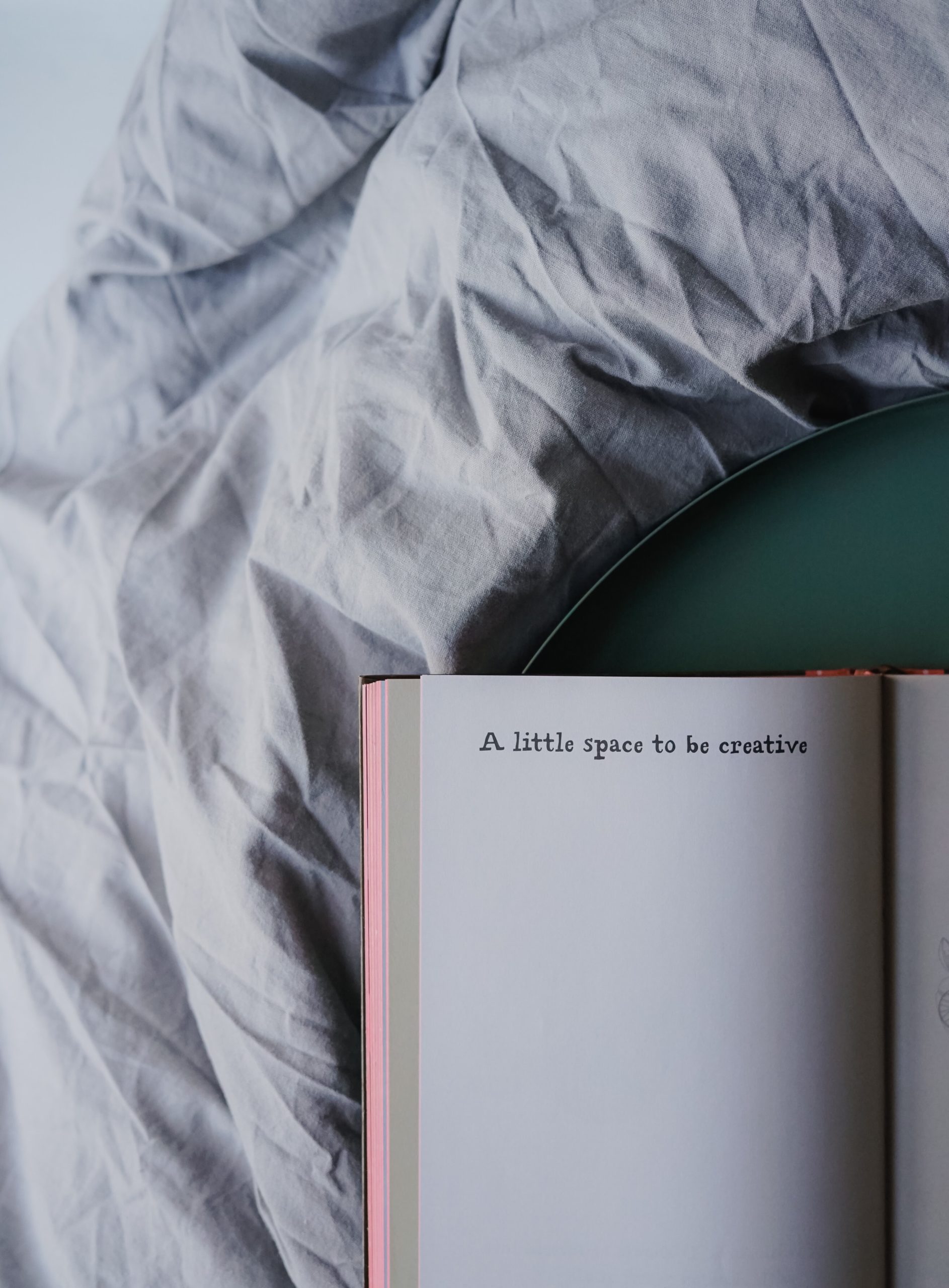Boost your French with creative writing activities: Best for Advanced & Intermediate French learners
Whether you regularly review your conjugaisons or enjoy reading the occasional book in French, it’s important to find practices that you can both maintain and enjoy when you’re learning French. Before you launch yourself into these suggested creative writing activities you may want to find and try the base activities that will give structure to your learning and opportunities to practice, such as:
- lessons,
- language exchange tandems/partners, and/or
- activities to use your language in real-life contexts.
How to make language learning meaningful & personal
As a former French and English teacher, I would argue that it’s also essential to find ways to make the language meaningful and personal. Here are some writing activities you can practice on your own that involve creativity, reflection, and will give a boost to your language-learning toolkit.
The ideas I’ve listed below do require some letting go of traditional ideas around language learning, but the rewards can be great.
- You will create a more personal relationship with the language you’re learning.
- You will capitalize on what you already know and can do in French, as opposed to what you don’t know yet.
- And, language learning will still be happening, but in a different way.
- Even your ‘mistakes’ in this context can be a rich ground for some very interesting language play.
Boost your French with creative writing activities
There are loads of fun, creative ways to start writing a short text in French that will get your words flowing.
- Choose a simple prompt, like a list of verbs to describe what you did during the day or an inventory of the objects on your desk[1] (see here for more ideas of prompts).
- Once you’ve chosen a prompt, set a timer for five to ten minutes and see what you come up with.
- If it seems intimidating to write in French, why not write in English about French?
Núria Codina for Words Without Borders gives examples of non-native speakers of English who comment on the eccentricities of English.
“I often mistake ‘chicken’ and ‘kitchen’, or ‘restaurant’ and ‘restroom’. I can’t really tell the difference between ‘micro’ and ‘macro’. And I have to slow down when I say ‘usually’ so it doesn’t sound like ‘usury’ ” says Codina.
- What do you think about French? [suggestion: make a note rather than skimming over these questions]
- How does it feel?
- What words resonate with you or bring up strange associations for you?
Poetry in French
Poetry doesn’t need to be deeply intellectual. Language teachers like María Ortega García (Spanish) encourage writing poetry in a foreign language to promote self-expression, discovery, and empowerment. Ortega García explains that poetry can even allow us to express emotions that might be difficult in our native language because the target language provides distance.[2]
Japanese Haiku
An easy form to start with is the Japanese Haiku, traditionally three lines of five, seven, and five syllables. The Francophone Association of Haikus has a website with haikus classed by season if you’re looking for inspiration.
Blackout Poetry

If staring at a blank page scares you, blackout poetry can be a simpler approach. The principle is to take a page of text, and by blacking out words you create your own text or poem that is new and original. Italian teacher Silvia Perrone applies this method to Italian learners. She highlights the freedom that blackout poetry provides to learners, from consciously paying attention to gender and agreement in your texts, to simply finding words that have something in common.
Journaling in French
Journaling is known to provide many benefits including self-reflection and fostering clear thinking.
Journaling is probably also the most accessible and free-form option of practicing your French writing.
A simple journaling exercise is to write about your day in French as you would in a personal diary. What did you do? How did you feel and what emotions came up? Maybe you could even allow yourself to insert words in English if you don’t find them in French. The importance is getting your mind working and thinking in French, and if at all possible, not translating from English.
Some language teachers propose guided journaling prompts or subjects. Jessica Tefenkgi Ruelle works with mindfulness and meditation to get you reflecting in French. In her blog, she explains how this benefits your language learning and allows us even to clarify our thoughts.
Walking Languages Joanna Radomska[3] promotes reflective journaling based on mindful walks in nature and in one’s neighborhood. The possibilities for reflective journaling are endless…
Have you tried to Boost your French with any of these creative writing activities in French or English before? Which ones interest you? Let us know in the comments.
References & Sources:
[1] « Idées de sujets d’écriture ou “propositions d’écriture“* pour l’atelier d’écriture, » accessed April 29, 2021.
[2] María Ortega García, “The Healing Power of (Multilingual) Poetry with María Ortega García.” Language and Mental Wellbeing Conference, March 19, 2021.
[3] Joanna Radomska (@walkinglanguages), Instagram profile and content, April 29, 2021. Image credits:
1. Creative Space by Toa Heftiba via Unsplash
2. Journaling by Hannah Olinger via Unsplash
3: Original blackout poem ©Jessica Sarlandie









Thank you for these excellent suggestions!
You’re welcome! Let me know if you try any of these:-)